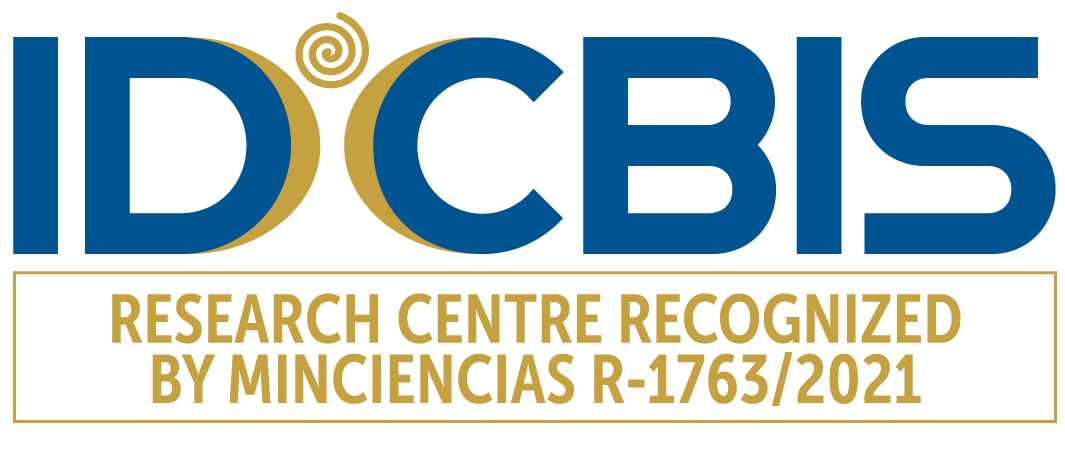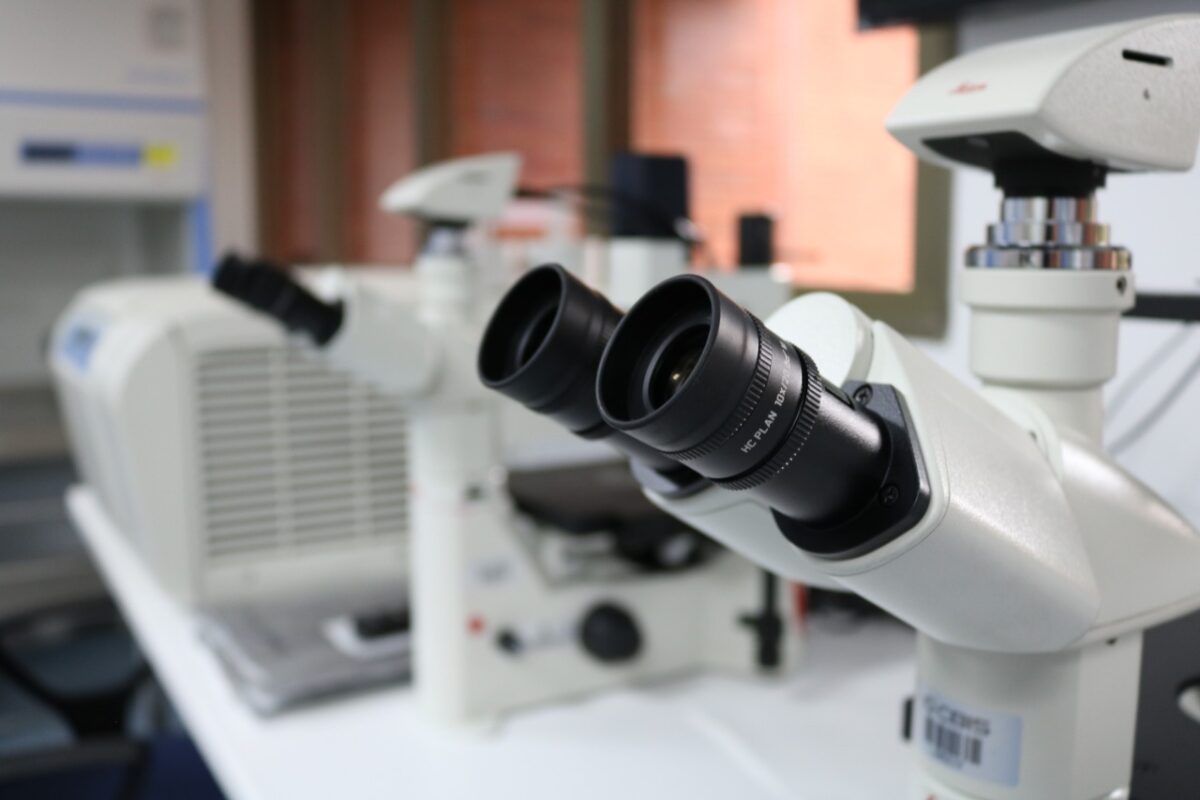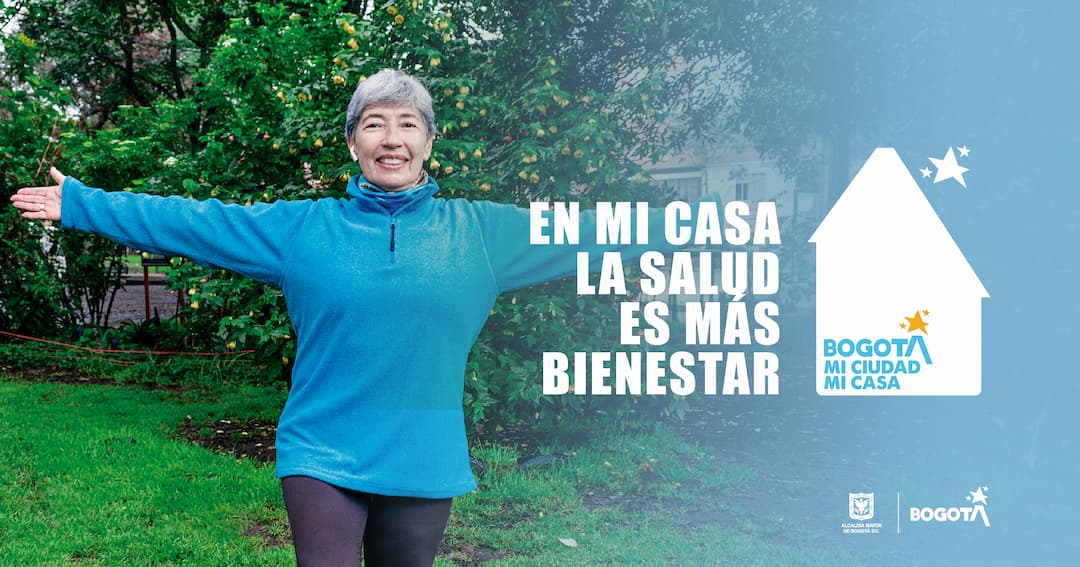Researchers at the Advanced Therapies Unit of the IDCBIS (District Institute of Science, Biotechnology and Innovation in Health) are making progress in the research on the biology of the mesenchymal cells and its possible applications in medicine that allow to improve the quality of life of patients with different conditions, since it has been observed that they modulate adverse reactions in different diseases, especially in degenerative and autoimmune diseases.
Mesenchymal cells regenerate and repair damaged tissues and replace cells that routinely die, they are characterized by a great capacity for expansion and differentiation, which allows them to renew themselves easily and give rise to various cell types, such as bone, adipose and cartilage cells; they also have the capacity for tissue regeneration, aiding healing, preventing cell death and facilitating the formation of new blood vessels.
The IDCBIS laboratories are researching and evaluating the potential of mesenchymal stem cells, which are extracted from umbilical cords donated by Colombian mothers, to reduce inflammation and regulate the activity of immune system cells in multiple diseases.
In addition, tissue engineering research is focused on the generation of structures that support mesenchymal stem cells for the regeneration/repair of skin (burns and ulcers), bone (fractures and bone loss) and cartilage (osteoarthritis).
At the same time, simulation models are being developed using mesenchymal cells to recreate metabolic diseases of genetic origin and thus evaluate the efficacy of the drugs used in these pathologies.
Currently the only approved treatment in the world is the transplantation of blood-forming cells present in the bone marrow or in peripheral blood taken from a donor or from the patient himself. Other treatments involving the use of stem cells, as in the research carried out at IDCBIS, are in the experimental phase.
This research project, among others currently being developed at IDCBIS, is being carried out under the leadership of the Institute's Director, Dr. Bernardo Camacho, who was recently re-elected as the Institute's leader by unanimous vote of the Board of Directors, composed of the Pontificia Universidad Javeriana, the Universidad Nacional, the Universidad de Los Andes, the Instituto Nacional de Cancerología and the Alcaldía Mayor de Bogotá - Secretaría Distrital de Salud together with the integrated health services sub-networks: Centro Oriente, Sur Occidente and Norte.







